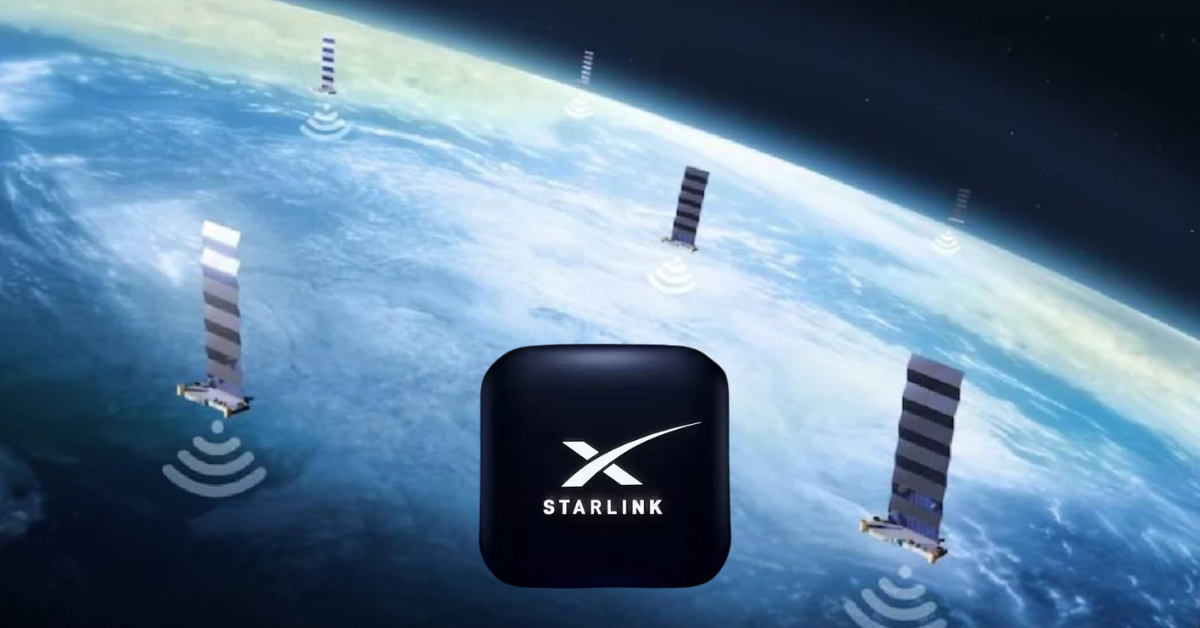COLOMBO – In a historic move, SpaceX’s Starlink satellite-based internet service has gone live in Sri Lanka, becoming the third South Asian nation to access this innovative technology. The news was announced by Elon Musk on his social media handle, generating debate regarding the possible foray of Starlink into the Indian market and its impact on millions of users.
Starlink functions by a satellite constellation in low Earth orbit (LEO), intended to offer fast internet connectivity even to the most remote and unserved locations. With about 8,000 small satellites already in space, Starlink seeks to offer dependable internet services to customers on the planet, outmatching the constraints of conventional broadband networks.
Potential Impact in India
India, with its growing digital ecosystem, stands to gain immensely from the entry of Starlink. The country is expected to have over 900 million internet users by 2025. Such an uptick in connectivity gives Starlink a rare opportunity to fill the gaps where traditional broadband services are not available, especially in rural and remote locations.
The advent of Starlink may overcome the digital divide, allowing access to life-sustaining services like education, telemedicine, and e-commerce. For example, students in rural villages can engage in e-learning, while medical professionals can provide telemedicine services to patients in remote places. The economic growth and enhanced quality of life in these regions are possible on a large scale.
Challenges and Concerns
Barring some challenges, however, Starlink’s entry into the Indian market is promising. A major threat, however, is the price of the service, which could be too expensive for most of its possible patrons. Although Starlink promises high-speed internet, the pricing plan could prevent low-income earners from accessing the service.
Also, there are some political groups in India who oppose the service because they believe it may compromise India’s essential infrastructure by entrusting it to a foreign entity. The issue questions data protection and sovereignty, especially in a country where digital privacy is increasingly becoming a top concern.
Expert Opinions
Experts opine that Starlink would be highly useful for industries needing reliable communication in the far-flung areas, including the military and other industries. Launching satellite internet may also bring in competition to the Indian market, and that could pave the way for better services at cheaper rates for customers.
As Starlink finally launches in Sri Lanka, its implications for India’s digital future are still unclear. While the service has the potential to revolutionize internet connectivity, it also presents a multitude of challenges that will have to be met. Policymakers, industry bigwigs, and consumers alike will closely observe how this new technology works out and what it portends for India’s future of connectivity.






